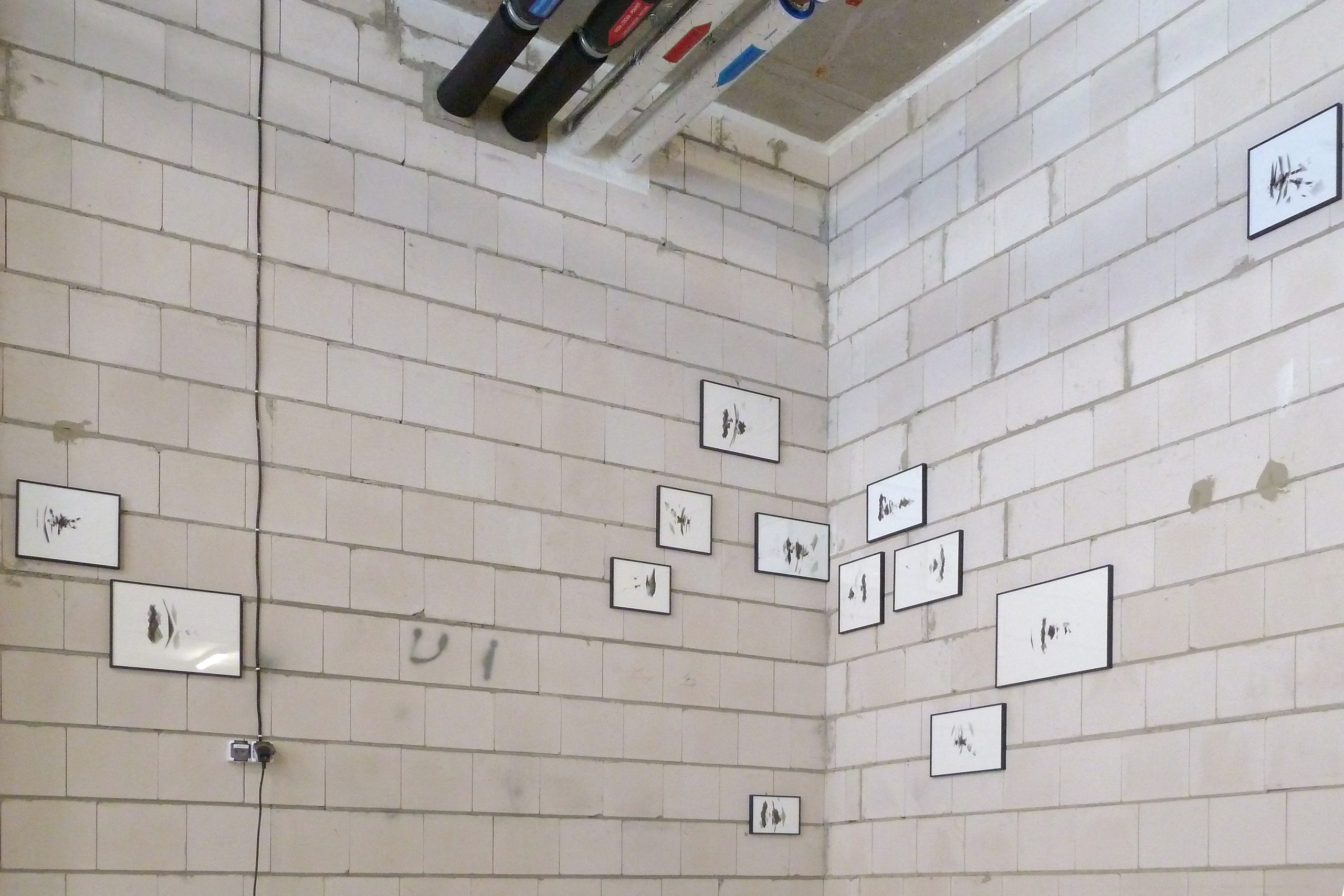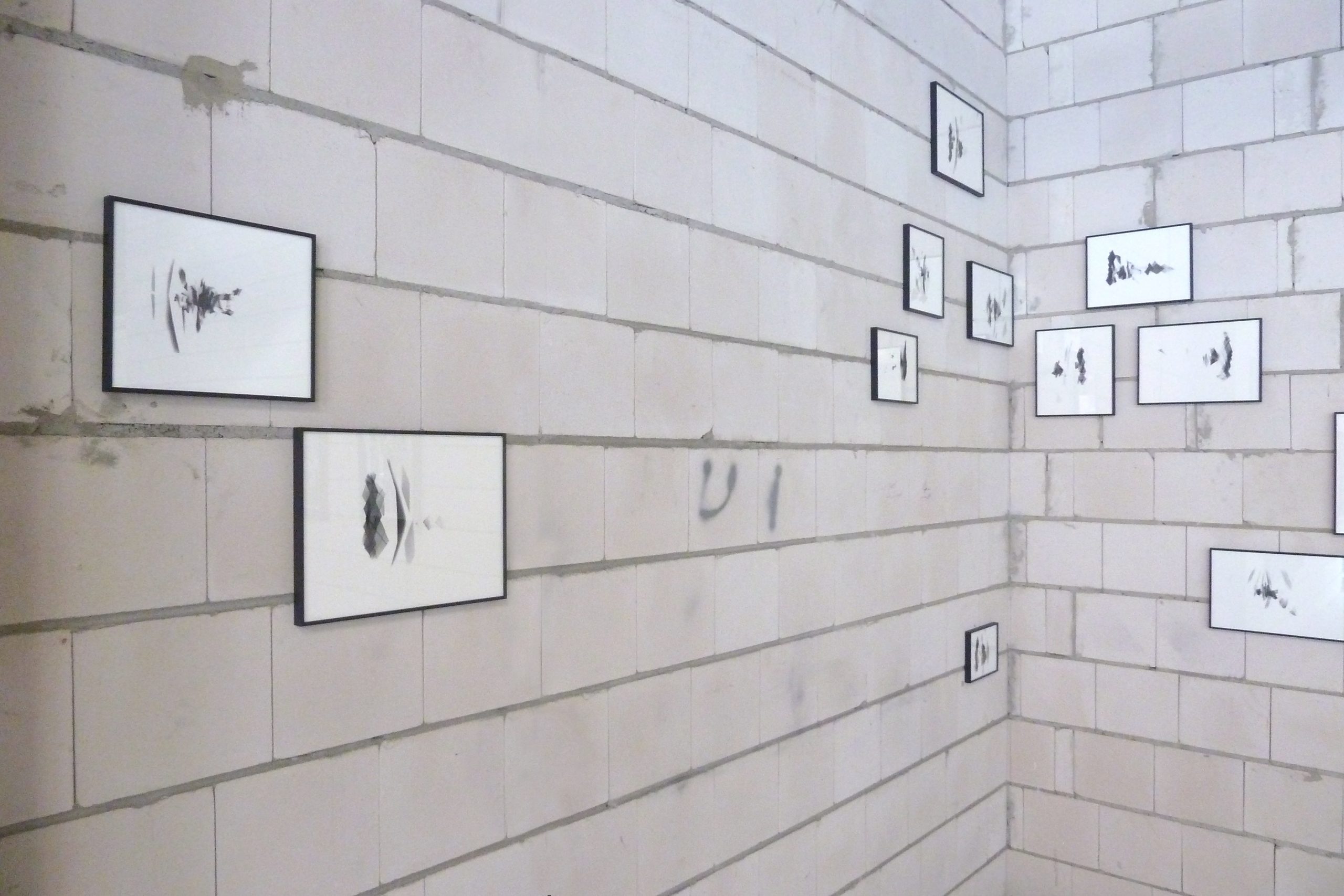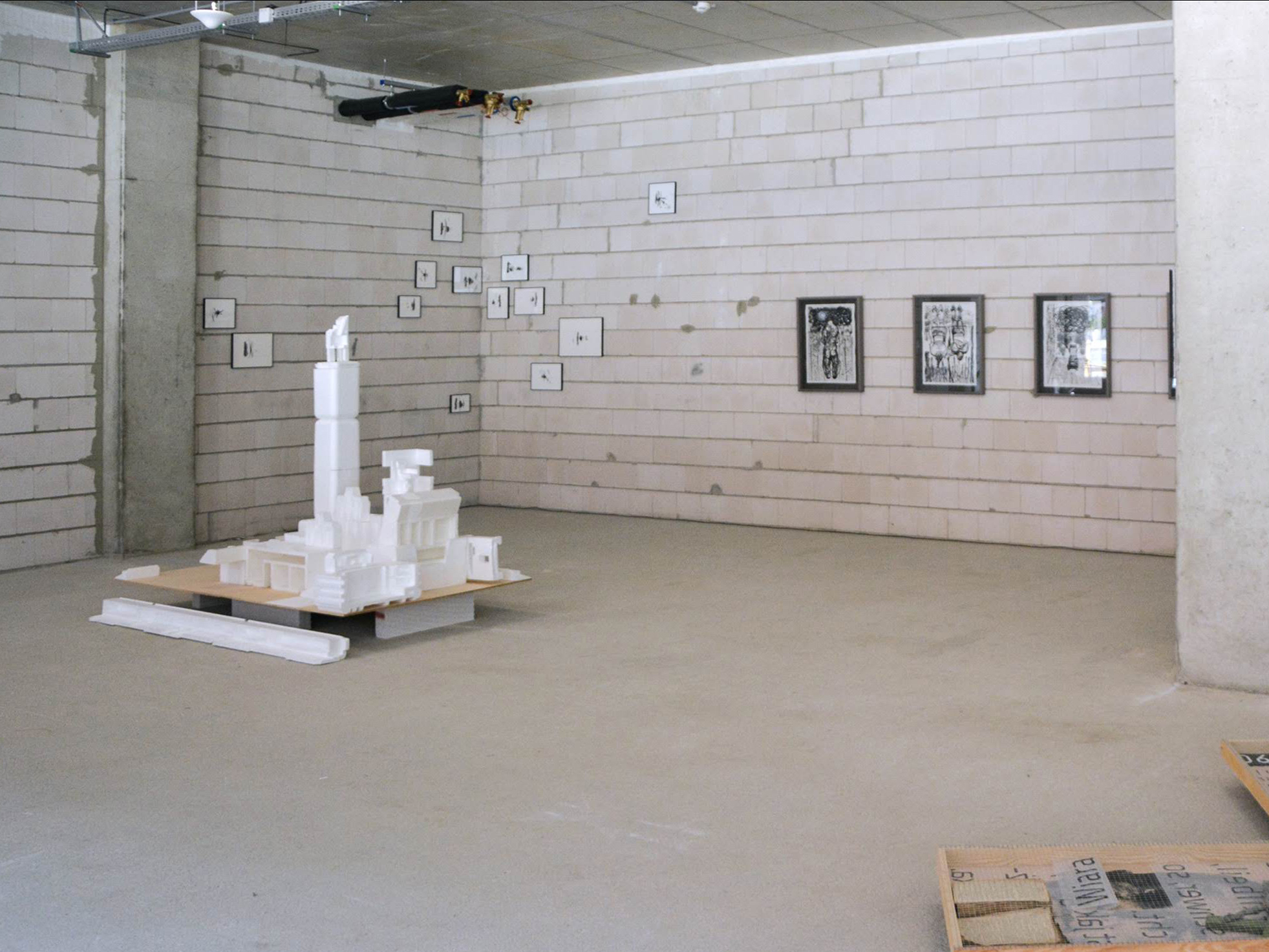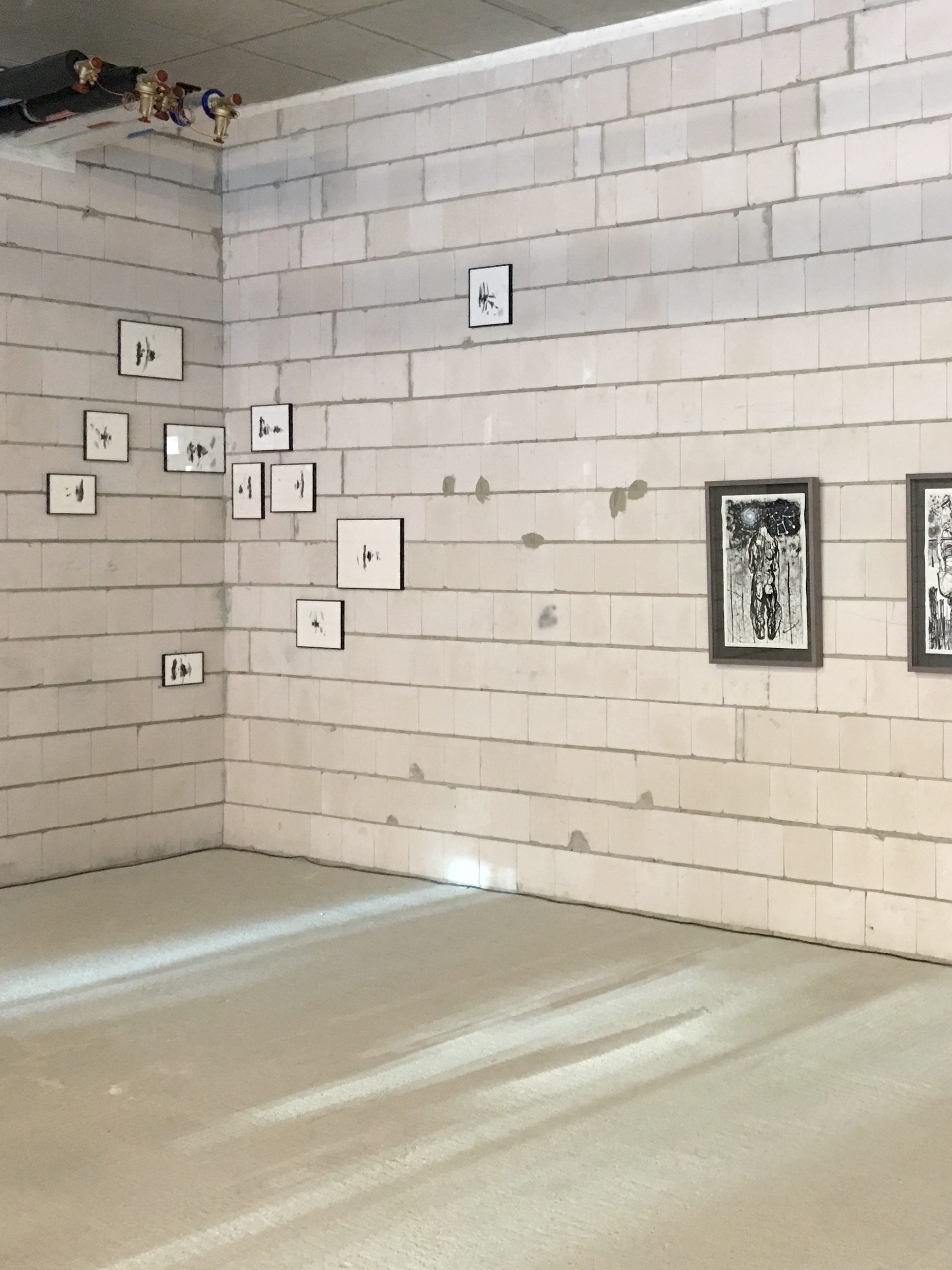Utopia. Non-Place
High5, Krakow, Poland
05.05.-21.06.2018

Installation view: Utopia. non-place, 2018
Photo: archiwa artystów / Piotr korzeniowski / Studiofilmlove
"We cannot break out from the depths of our ignorance, imperfection, existential fear, and irresolvable dichotomies otherwise than by making a desperate leap beyond the limits of the universe that is available to us. It is not about landing in heaven; it is rather about finding possibilities of different rules for playing the game of the world and existence, it is about finding another consciousness than this of existence."
Stanislaw Lem
The UTOPIA. NON-PLACE project is based on the idea of creative dialogues between artists from Poland and Germany.
Stanislaw Lem is considered to be the most important Polish science fiction writer, he was also a philosopher, futurologist, and essayist. His works deal with the theme of the development of science and technology, human nature, communication with intelligent beings from other planets, and the place of humans in the universe. Lem's texts also include scientific and philosophical commentaries on the condition of contemporary society, as well as a critique of the socialist and capitalist systems. The titel of the exhibition – UTOPIA. NON-PLACE – is a direct reference to his work.
The history of utopian thinking dates back to the very beginning of European culture. Descriptions of societies living in a state of welfare and constant happiness can be found as early as in ancient myths. The renaissance utopians generally maintained the belief that the purpose of life is salvation, in the religious understanding of this term, but at the same time they rejected ethical principles, basing it on the then political situation of Europe. They believed that the presence of evil in social life has a negative impact on ethics, which provokes its inefficiency. This made it necessary to rethink the question of the ideological fundaments of the social system.
With time, utopians became an active element of the ideology of modernism (the idea of reconstructing the world), whose equivalent in the realm of social thought is the internally varied concept of socialism, represented by political parties and their utopian doctrines. Although utopianism has been well studied, contemporary culture continues to move in its vicious circle, the evidence of which can be seen, among others, in – typical for utopias – revolutions, ideological debates, and relentless propaganda. Utopia is necessary for people as a never-completed goal, a dream and a promise. For this reason, even in times which are as anti-utopian as those today, utopia appears wherever human fear and human hope are present – and these two are an inseparable couple. The world without utopia becomes petrified, but what does utopia guarantee? This contradiction cannot be resolved.
Michal Sroka



